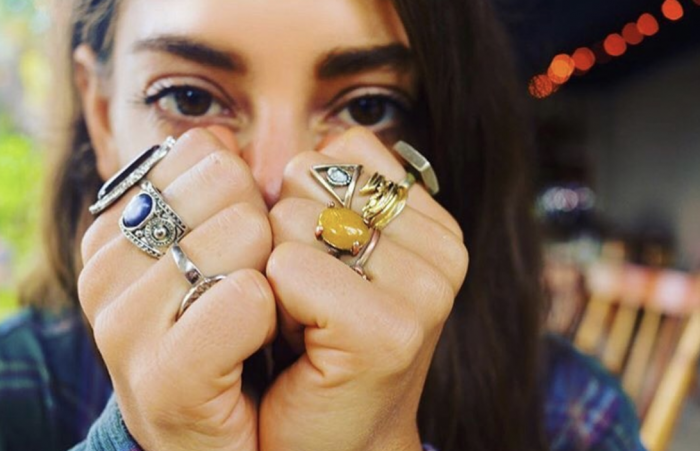Did you ever have moments of depression when you were a child?
Did you experience any sort of anxiety or phobia that seemed bizarre to feel as a young child? As an adult, looking back at my childhood, it is normal to feel like parts of my depression weren’t really mine.
Could it be that we are born with a depressed gene? Could it be that our ancestors and generations before us have handed down their mental illnesses? Ancestral depression is being studied widely by biologists, psychologists, and neurologists and what the studies have shown is intriguing and shocking.
Andrew Curry wrote an amazing article on ScienceMag about how PTSD, anxiety, and depression can be handed down through generations and can even skip entire generations. There have been several studies about this, and the one that stood out to me most was the one I heard about on a podcast.
The study began with the first generation of mice being electrically shocked when they ate food that had the scent of a specific essential oil. After a short period of time, the experiment went on, and the mice began to realize that the shock was occurring only when the particular essential oil smell was present. The mice stopped eating food that had that smell. The study continued after those mice had babies and the same experiment was tested. The next generation of mice automatically reacted to the smell of the essential oil. It caused them stress, and they opted out of being near the smell completely, without even getting shocked. This experiment captured the study perfectly, and it proves that mental trauma connected to PTSD, depression, and anxiety can be handed down through generations.
It makes me wonder, how much of this depression is mine, and how much of this depression is my great-great-grandmother’s?
As we approach the holidays, this might be a great practice to implement. For me, I know that after learning more about this theory and the science behind it, it makes me want to investigate and get to know my older family members more. Ask questions, do a little digging, and maybe get some answers that will help me make sense of why I’m suffering from anxiety or depression.
What does depression look like?
That’s the thing. It can’t be pinpointed or deciphered in the same ways, but for real you guys, I lost myself for a minute during the last home stretch of the mercury retrograde. Depression can hit us in a wide variety of ways. For some, it’s sleeping all day and night. For others, it’s drinking or eating toxic food and not moving the body. For some, it’s about addictions or anything to soothe mental discomfort. For me, it’s forgetting self-care. (Even though I am a yoga teacher who is always talking about the importance of self-care, I don’t always take my own advice. I tend to turn a blind eye to my physical health and care.)
Depression can hit us even when our lives are going “right.” True depression can linger when life is smooth sailing and warm weather, and with that, can come embarrassment, confusion, and frustration. When the different areas of our lives are lacking conflict or drama, we would think our mental health would be thriving, but psychologists have been speaking a lot about how the mind will always try and find something to attach to, even if life is going well.
Our psyche seems to be subconsciously addicted to pain, conflict, and suffering. “Wherever you go, there you are” is a quote by Jon Kabat-Zinn, a well known Buddhist meditation teacher. Wherever we go, and however great life is, the mind is still there. However life is going, the mind is still there. So, as we approach the holiday season, we can use this theory and awareness to better serve the way we perceive ourselves and our mental health.


 Share on bsky
Share on bsky





Read 2 comments and reply